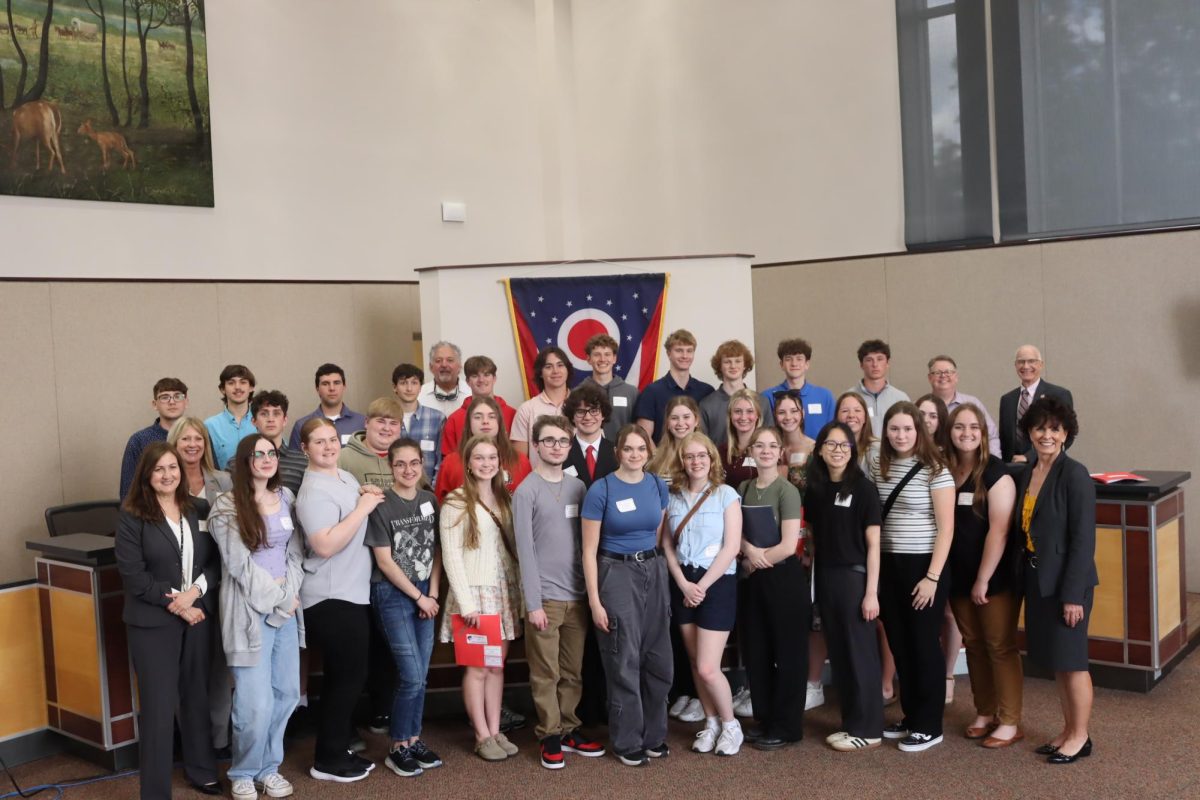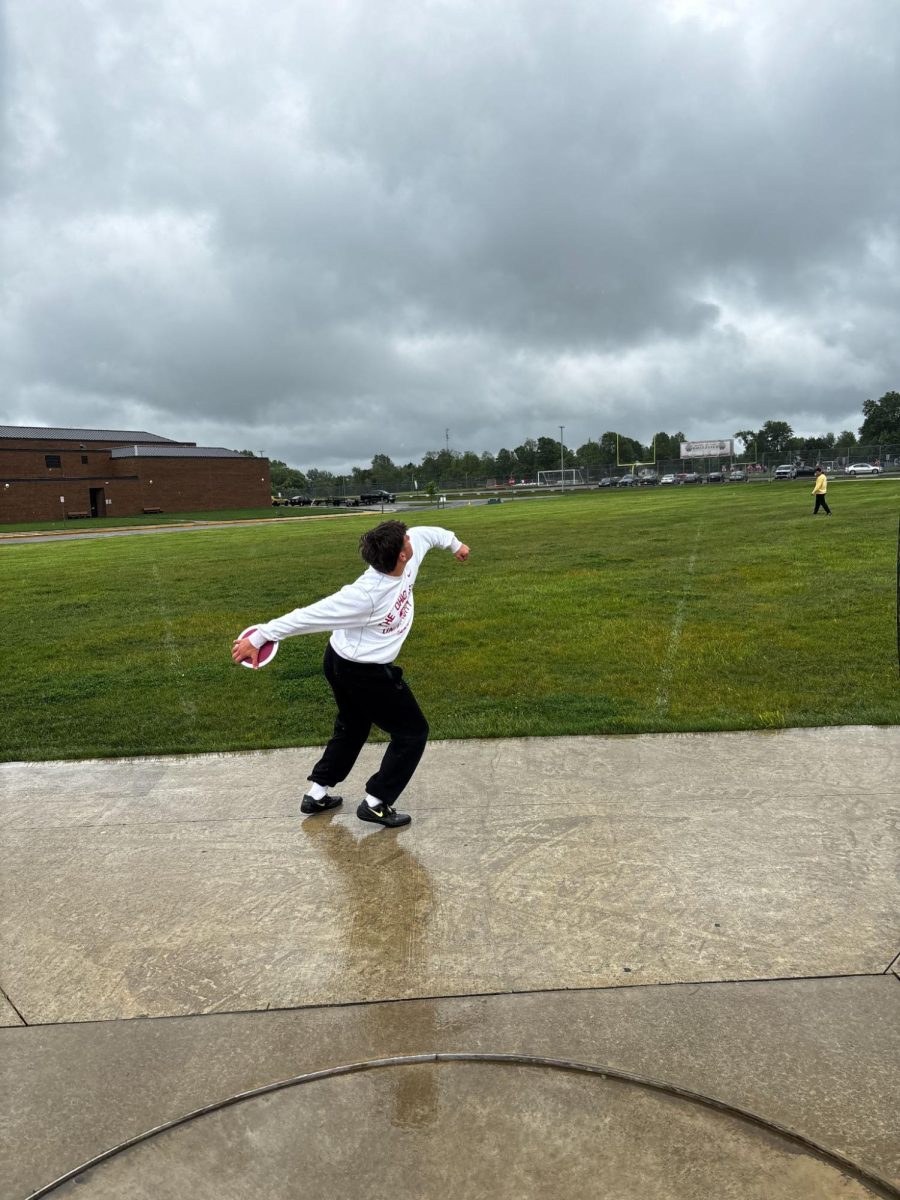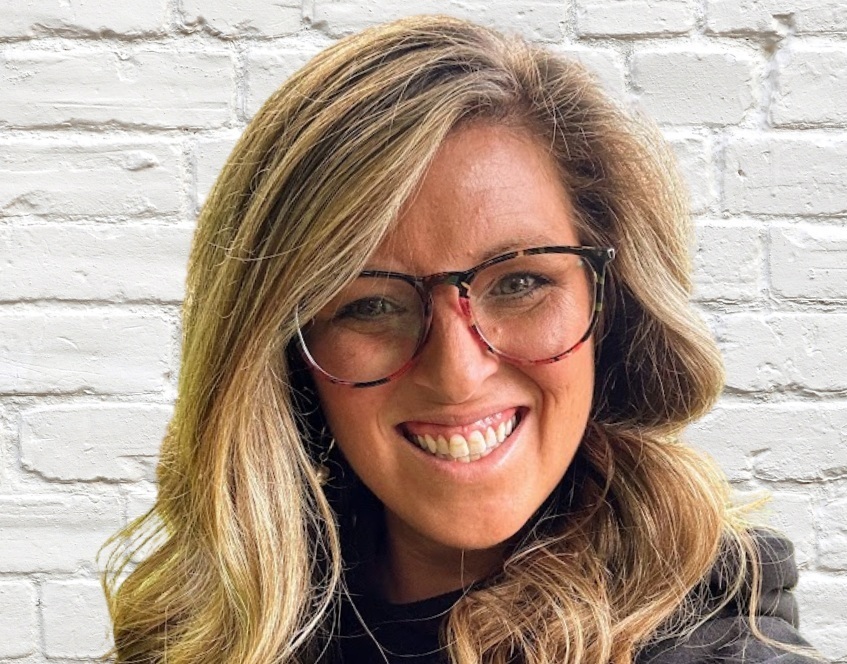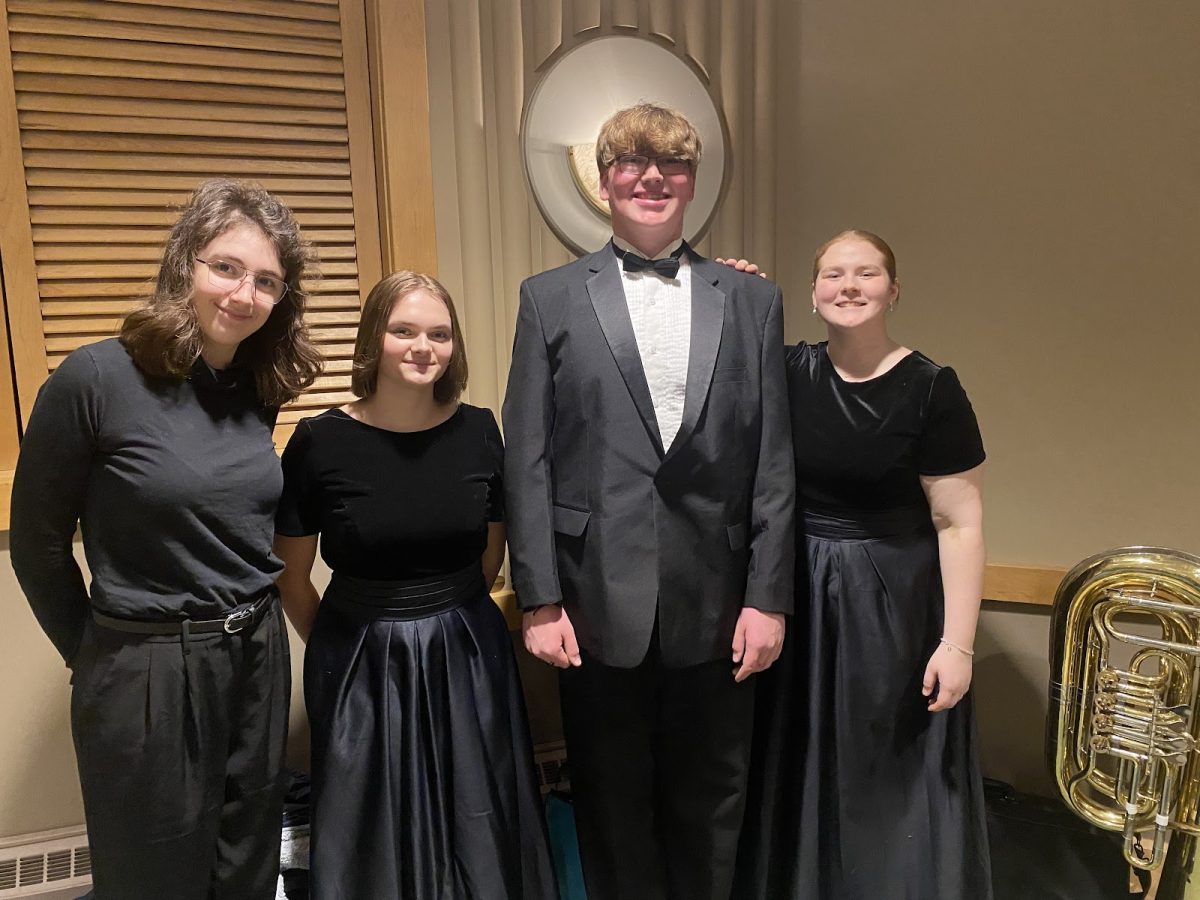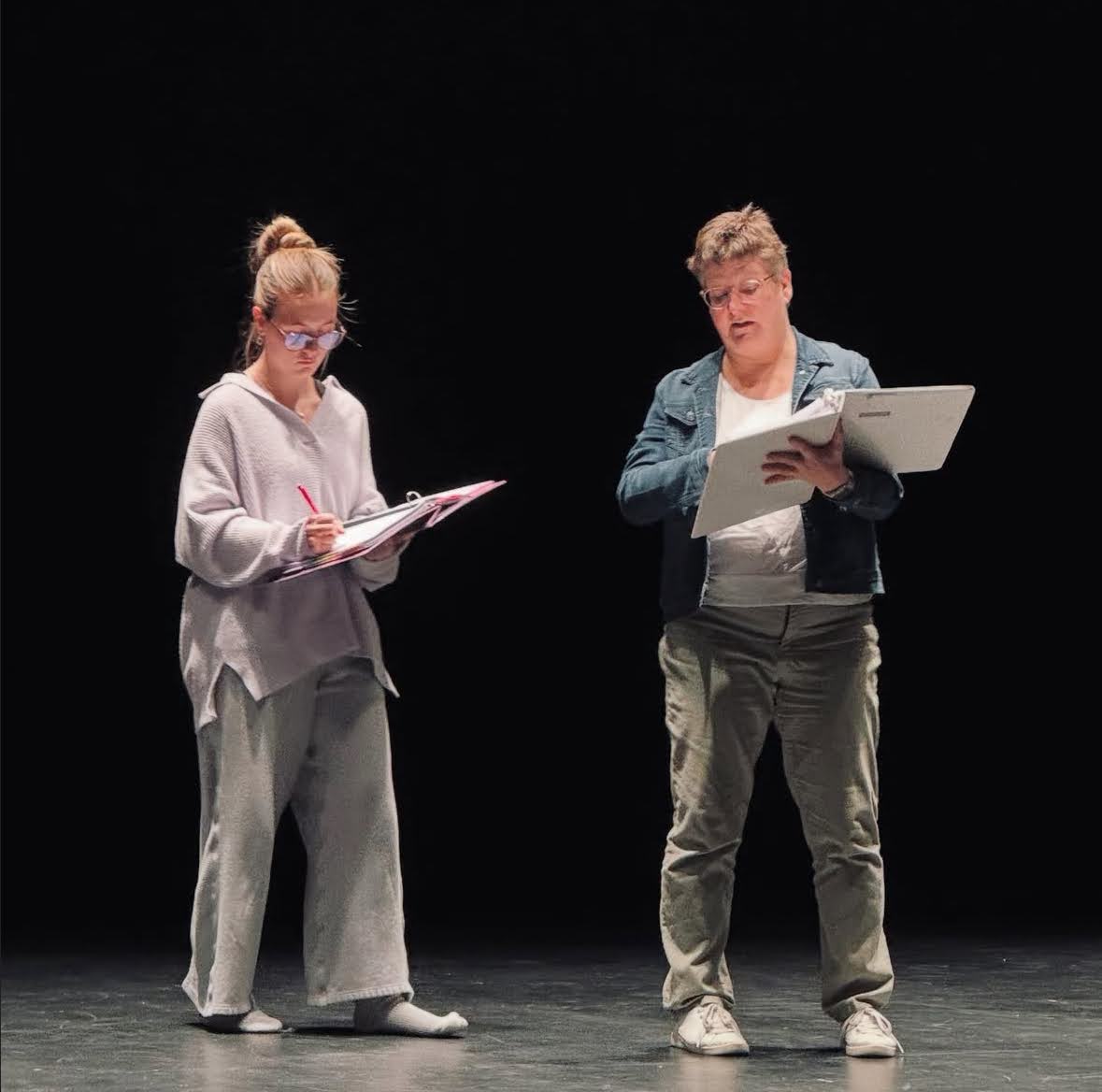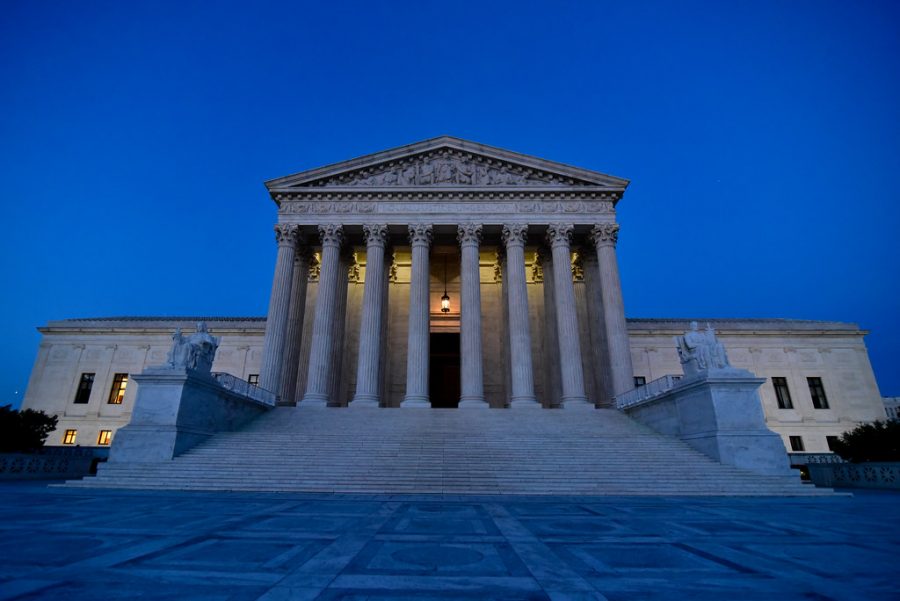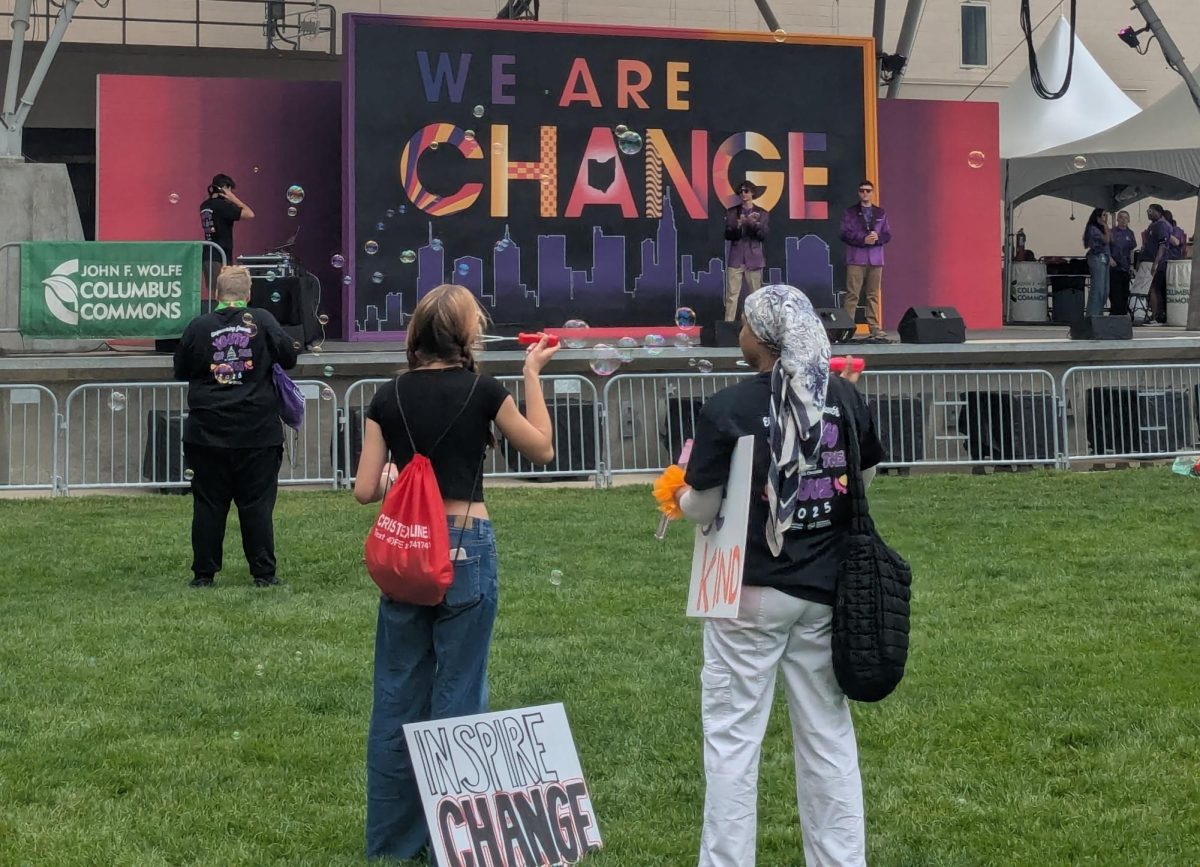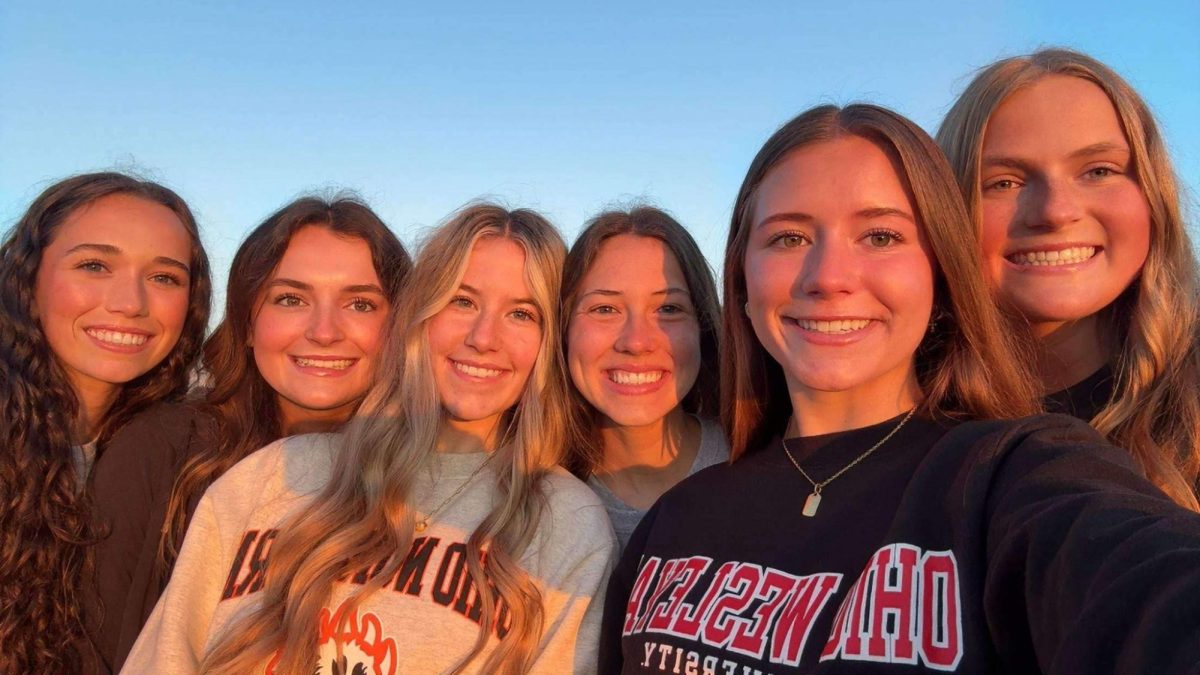BY EMILY BRANDYBERRY
What are my rights on-campus?
First Amendment
The first amendment of the United States Constitution states that “Congress shall make no law…abridging the freedom of speech, or of the press.” However, in the school setting, this right can be greatly reduced at the discretion of the school district. So what does this mean for students?
The Supreme Court decided in 1969 that students “do not shed their constitutional rights at the schoolhouse gate” with the Tinker v. Des Moines case. The verdict came after a group of students led by Mary Beth Tinker were suspended for wearing black bands protesting the Vietnam War.
“Students should have a right to advocate for their own interests, and it’s also better for the whole society when it is not cheated of the many great ideas of young people, their knowledge, creativity, energy and sense of fairness,” said Tinker in an interview with the Bruin in 2019.
However, in 1986, the Supreme Court took three steps back by redacting much of what was previously decided with the Fraser v. Bethel verdict. In this case, the court came to the conclusion that administrators can limit students’ freedom of speech, but only language that is “indecent, obscene, or lewd.”
A school official cannot limit a student’s expressions because of political reasons or if they do not agree with what the student is saying. This rule extends to pieces of clothing as well, meaning students cannot be punished for wearing shirts that promote their political views, even if they are controversial.
The court stated that schools can only suppress speech in the school if they can prove that it “materially and substantially interferes” with how the school functions.
Privacy
The same rules do not apply to students’ right to privacy in school. While the district cannot take away all of your First Amendment rights, they can take away your privacy rights.
The Fourth Amendment protects a person against unwarranted searches, but for students in a school setting, that right does not exist. The school is allowed to search items such as lockers and Chromebooks because they belong to the school. They also have the right to search backpacks, purses and cars.
“When a student is on school property, students can protect their private property from other students, but school officials have the legal right to search student’s property for preventive purposes or if they have reasonable suspicion that the well-being of all students may be in danger,” said Board of Education President, Julie Batey.
Argued in 1985, the Supreme Court determined with T.L.O v. New Jersey that as long as a school official has reasonable suspicion, they are allowed to search students’ belongings.
The case also decided that if an administrator is searching a student for one thing, but they find something else not related to the case, they are still allowed to use it as incriminating evidence.
Censorship
The First Amendment rights of student publications such as The Bruin was greatly reduced with the Hazelwood School District v. Kuhlmeier verdict. After a journalism class tried to publish an article on teen pregnancy, the school district removed it from print. The students at Hazelwood took the case to the Supreme Court, claiming that it violated their First Amendment rights.
The Court ruled against them 5-3, stating that the students did not have that right because the paper was both sponsored and funded by the school. They determined that the paper was not a public forum, therefore, it was allowed to be censored by the district.
“The Hazelwood gave broad, but not unlimited, authority to school officials to censor speech that could be considered school-sponsored,” said Sommer Ingram Dean, attorney at the Student Press Law Center.
Contrary to Tinker v. Des Moines, Hazelwood School District v. Kuhlmeier determined that students are not guaranteed all of their constitutional rights at school. However, even when Hazelwood comes into play, the district cannot censor based on public relations, but rather for an educational reason.
“The Supreme Court said that a school official has to give a legitimate pedagogical reason for the censorship, which is a much lower standard than the Court set previously in the Tinker v. Des Moines case,” said Dean.
The rules of Hazelwood do not stop at student publications. It extends to theatrical performances, art shows and school assemblies.

Why and how does the school limit my rights?
The Constitution guarantees the same rights to every citizen of the United States regardless of gender, age or race. As long as those citizens use their freedoms for good and do not break the laws, those constitutional rights cannot be taken away.
However, students rights are greatly reduced or taken away completely when they set foot on school campuses. They lose most of their freedom of speech. They lose most of their press freedom, and they lose most of their right to privacy.
“Students who use inflammatory speech against other students or school officials will not be allowed because it’s the school board’s job to protect the well-being of all of our students,” said Julie Batey, Board of Education President.
Although the school does limit student rights, it is not a decision that they take lightly, going through an extensive process before those rules are implemented.
“The process the school board goes through to approve a new policy, that is Wadsworth-specific, has several layers,” said Batey. “When the school board developed our middle and high school drug screening policy, we held several community forums, talked to other school districts, and did additional research on the pros and cons of having a student drug screening policy.”
Schools have been given the ability to hinder students’ rights by a series of Supreme Court cases that have determined the circumstances that give schools that ability. Those include things such as promoting illegal drug use and activities sponsored by the school, but the most common one is causing a disruption to the environment.
What are my rights off-campus?
In the summer of 2020, the rights of students claimed a major victory when the 3rd U.S. Circuit Court declared that schools do not control off-campus speech.
A cheerleader from the Mahanoy Area High School was suspended from her cheer team after posting a photo using vulgar language to talk about the school and sports teams. The school punished her, claiming that it broke the school and team rules. However, the post was not made on-campus and did not directly mention the school or any individuals.
The court determined that although it is the school’s responsibility to teach good morals, it is also their job to teach students that they do have constitutional rights. If students had to follow the limitations implemented at school when off-campus, they would live in fear of retaliation from the school over everything they say.
Schools cannot force students to give up any of their rights when not at school unless they have substantial evidence that it will cause a major disruption. So, generally they cannot punish a student for something they post online. But because platforms such as Twitter and TikTok are privately owned, those companies are allowed to censor whatever they want.
The First Amendment rights are only protected by the United States government which is why students are given some rights in public schools. Those rights are not protected by private companies such as Facebook and Twitter.
In the end, it all comes down to the same concept when it comes to limiting rights off-campus. The school district cannot punish students unless what they are posting or publishing causes a major disruption of the everyday function of the school.

![Wadsworth's Class Of 2025 Walks At Graduation Ceremony [Photo Gallery]](https://wadsworthbruin.com/wp-content/uploads/2025/05/IMG_9018-1-1200x800.jpg)

